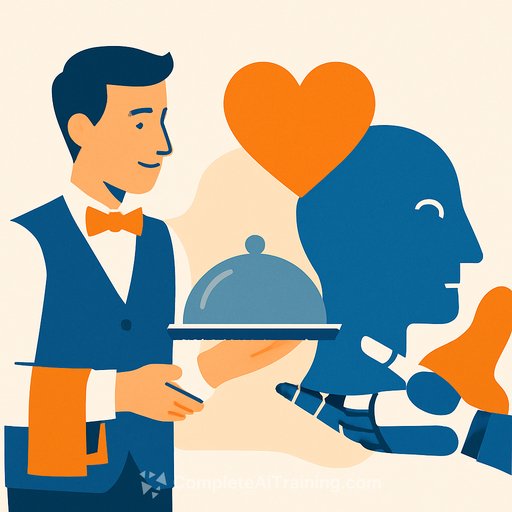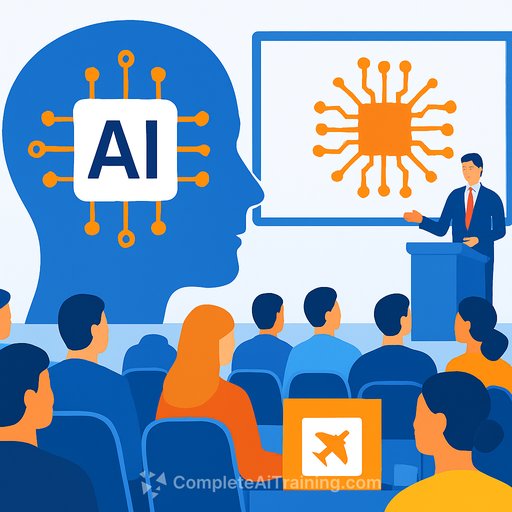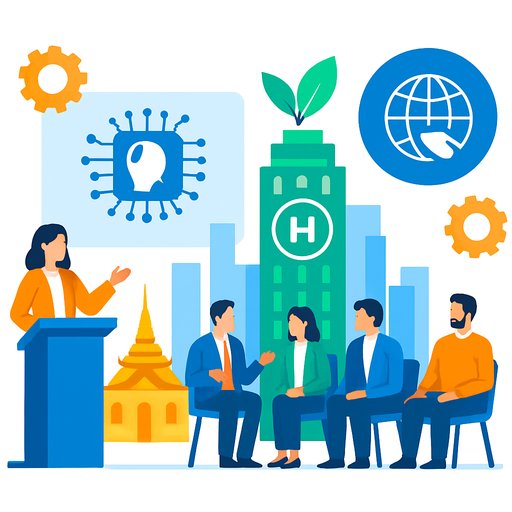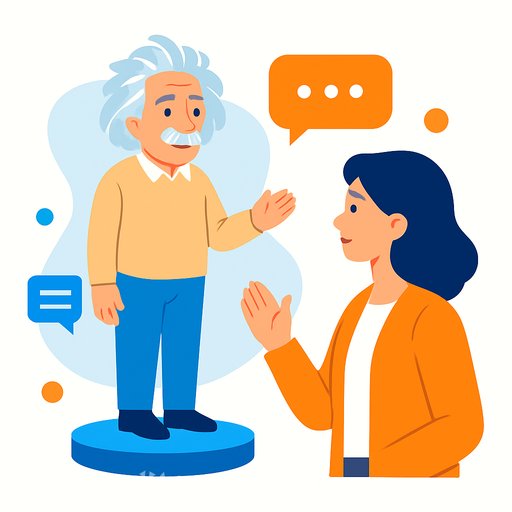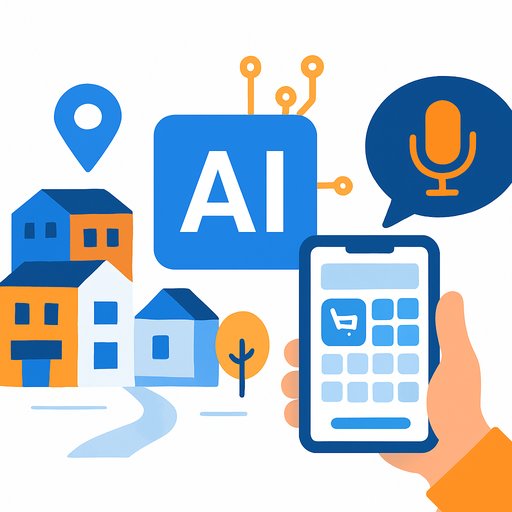What if hospitality saved jobs? Even if only partially
AI is learning faster than most training systems can respond. That speed puts repetitive, language-based and rule-driven tasks at risk. The likely losers are young people with short, practical qualifications (BTS, Bac+2/Bac+3) in accounting, admin and sales-the backbone of many properties and venues.
If accounting is automated and customer service leans on chatbots, what work remains for those without elite degrees or deep networks? This is not a distant threat. It is here, and it will spread.
Why hospitality still matters
Hospitality is not just a process. It is presence. Attention, anticipation, a genuine smile, a gesture that calms-these are hard to codify. They create trust, loyalty and spend. They turn transactions into relationships.
As societies drift toward experiences, care and emotion, our sector can absorb and grow talent that AI cannot replace. But that only happens if we redesign roles, rethink training and raise the pride of craft.
From tasks to touchpoints
- Automate the back office; protect the front of house. Shift admin, forecasting and reporting to systems so staff can focus on human moments.
- Make empathy a skill, not a slogan. Train staff to read cues, adapt tone, and resolve tension without scripts.
- Redesign roles around guest journeys. Define where human presence creates outsized value-and make those moments non-negotiable.
Training that maps to places and people
Training must be rooted in local demand, not generic modules. The LYFE Institute's focus on wine tourism shows the path: connect regional culture, producers and guest expectations in one practical track. That is education people remember-and use.
- Build micro-apprenticeships with regional partners (producers, attractions, clinics, venues) tied to real guest flows.
- Create specialty tracks: wine and terroir, wellness and care, heritage storytelling, sports events, themed experiences.
- Elevate soft skills: listening, pacing, conflict recovery, cross-cultural awareness and non-verbal communication.
For broader context on how AI will reshape tasks and skills, see the ILO's work on the future of work here and UNWTO's guidance on wine tourism here.
Use AI as a teammate, not a stand-in
- Give teams basic AI skills: writing better prompts, summarizing, drafting replies, translating and checking tone.
- Keep humans in the loop for escalations, complaints and moments that carry emotion or risk.
- Measure AI on response speed and accuracy, but measure people on satisfaction recovery, loyalty and reviews.
If you want a fast way to upskill frontline and back-office teams, see practical AI courses by job role here.
Career ladders that keep people
- Create visible ladders: trainee → specialist → lead → supervisor → manager, with clear pay steps and skills at each level.
- Certify skills earned on the job. Micro-credentials build confidence and make promotions fair.
- Offer cross-training between hotel, F&B, events and wellness to keep teams mobile and engaged.
Build experiences that AI cannot mimic
- Design signature moments: a pre-arrival call that reads preferences, a welcome ritual, a recovery gesture that feels personal.
- Anchor experiences in place: local producers, regional stories, seasonal menus, neighborhood partnerships.
- Turn staff into storytellers. Knowledge beats scripts. Authenticity beats polish.
Metrics that prove it works
- Track guest satisfaction tied to human touchpoints (check-in, F&B interaction, issue resolution), not just overall scores.
- Monitor staff retention, time-to-competency and internal promotions. If these rise, your training is working.
- Link experience metrics to RevPAR, event rebook rates and spend per guest to secure continued investment.
The line we draw
AI will reshape work. That is certain. Hospitality can still reshape lives. It can give meaningful work to those with short training cycles, non-linear paths and real talent.
Let our sector be a place where hands, head and heart work together. A place learned through exchange, not just a manual. If we commit to presence, training and pride of craft, we can do more than protect a sector-we can protect a generation.

